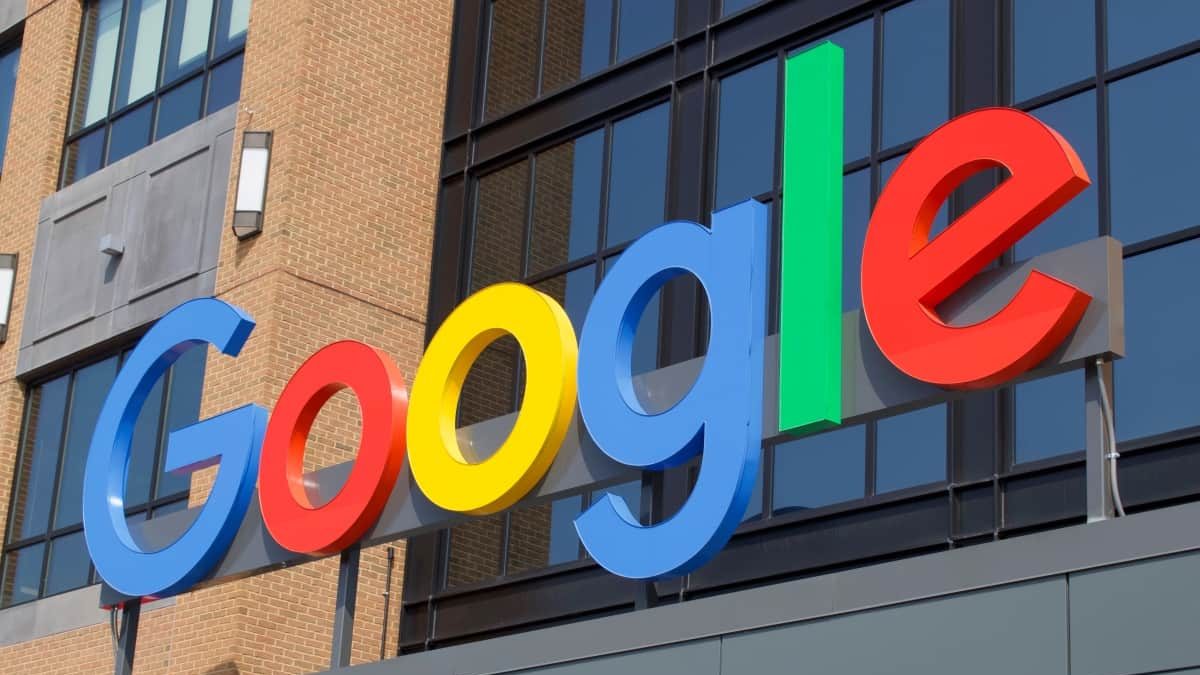
According to Bloomberg News, the United States Department of Justice is considering breaking up Alphabet Inc.’s Google. This consideration comes after a historic court verdict found that the company illegally monopolized the online search market.
The Justice Department’s conversations have heated up after Judge Amit Mehta’s ruling on August 5 that said Google illegally monopolized the markets for online search and search text advertising.
Reuters reported that a Justice Department spokesperson is studying the court’s judgment and will determine the next actions based on the applicable legal framework for antitrust remedies. The representative said that no decisions have yet been taken.
The verdict was delivered last week. It found that Google violated antitrust laws by investing billions of dollars to establish an unlawful monopoly and become the world’s default search engine. The verdict is viewed as the first major victory for federal authorities in combating Big Tech’s market domination.
Options being considered by DOJ
Bloomberg’s report states that the department is considering the most drastic option: Google divesting key parts of its business. The Android operating system, used on about 2.5 million devices worldwide, and the Google Chrome Browser are most likely to be divested.
According to the article, officials were also considering selling Google’s search ad program AdWords and divesting of its Chrome web browser.
The DOJ’s other options include compelling Google to share data with competitors and enacting safeguards to prevent it from getting an unfair edge in AI products. This might include making some of its data available to other search engines like Microsoft’s Bing or DuckDuckGo.
What did Mehta’s ruling discover?
In his ruling, Mehta discovered that Google compels device makers to sign agreements to receive access to its programs, such as Gmail and the Google Play Store. These agreements also require Google’s search widget and Chrome browser to be installed on devices in a way that cannot be removed, thus prohibiting other search engines from competing.
The report states that Google paid corporations up to $26 billion to make its search engine the default on gadgets and online browsers, with Apple Inc. receiving $20 billion.
Mehta’s decision also ruled that Google monopolized the adverts at the top of a search results page to direct consumers to websites, known as search text ads. These are offered through Google Ads, which was renamed from AdWords in 2018 and allows advertisers to run advertisements against specific search terms relevant to their business. According to testimony from last year’s trial, search advertisements account for around two-thirds of Google’s overall income, expected to exceed $100 billion by 2020.
According to Bloomberg, the DOJ is also concerned about Google’s potential edge in developing artificial intelligence technology due to its search dominance. As part of the solution, the government might seek to ban Google from forcing websites to allow their content to be used for some of Google’s AI products to appear in search results.

